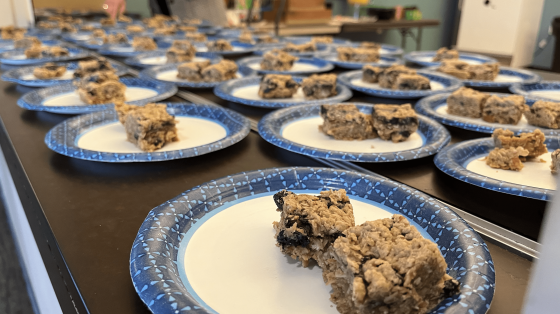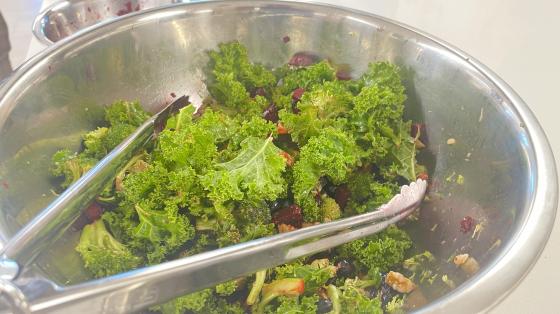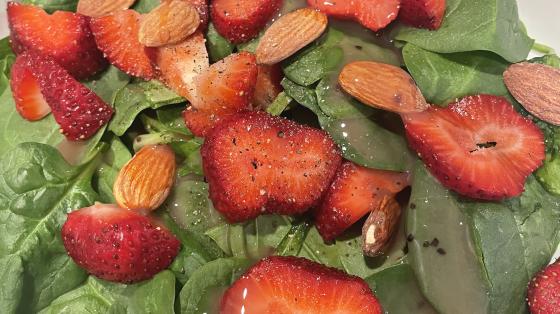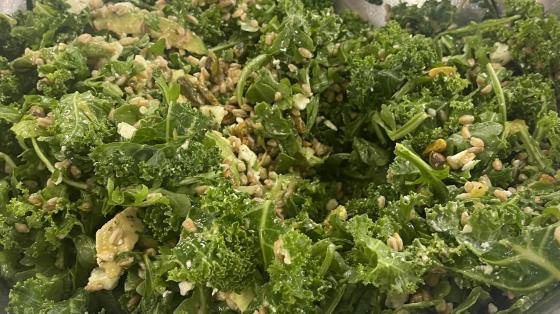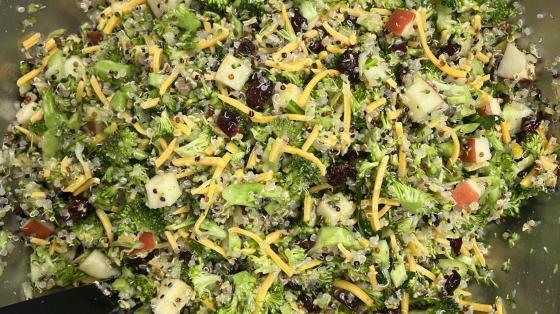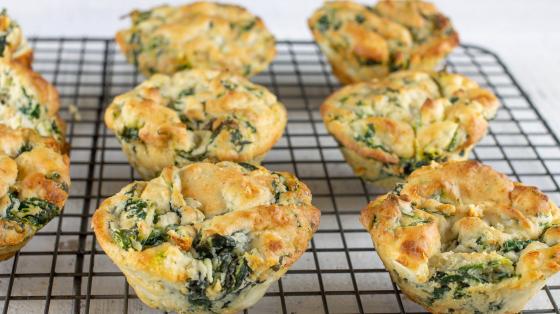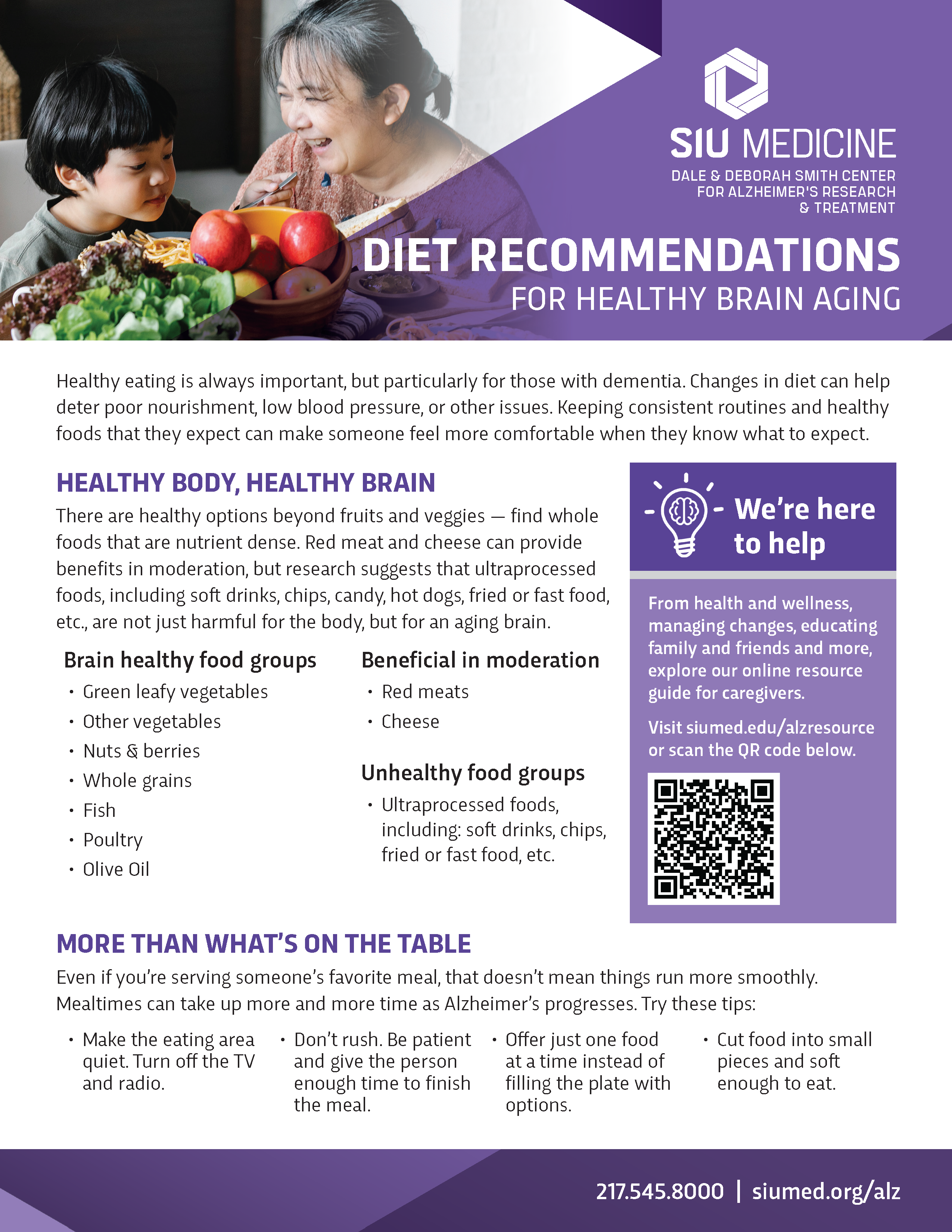
Nutrition and healthy brain aging
How can eating right help with dementia?
Healthy eating is always important, but particularly so for those with Alzheimer's or dementia. Whether it's making sure fish and poultry are a consistent part of your diet or including more fruits and vegetables, changes in diet can help deter poor nourishment, low blood pressure, or other issues that may arise.
In short, what's good for the body is good for the brain.
Mealtimes can also be an opportunity for positive social interaction. Keeping consistent routines and healthy foods that they expect and want to eat can help make sure they are eating the right amount of food. It can also make the person feel more comfortable when they know what to expect.
In general, brain healthy foods include vegetables, particularly green leafy veggies, nuts and berries, whole grains, fish, poultry and olive oil. Red meat and cheese can provide benefits in moderation, but research suggests that ultraprocessed foods, including soft drinks, chips, candy, hot dogs, fried or fast food, etc., are not just harmful for the body, but for the aging brain as well.
Five easy ways to help protect brain health
How the MIND Diet can help
One way to stay focused on eating right, as well can help protect your brain from dementia and Alzheimer's, is the MIND diet.
A hybrid of the Mediterranean and DASH (Dietary Approaches to Stop Hypertension) diets, the MIND diet emphasizes natural plant-based foods and limits intake of animal foods and saturated fats. Berries and green leafy vegetable are a priority. Let's take a look at the MIND diet:
- Eat a salad and one other vegetable a day & at least 3 servings of whole grains per day
- Eat berries at least twice per week
- Eat your choice of fatty fish once a week
- Snack on nuts most days and eat beans/lentils every other day
- Eat poultry at least twice per week
- One 6oz glass of red or white wine per day*
*Important note: For older adults with memory loss, alcohol consumption is discouraged.
Researchers at Rush University in Chicago found that not only did following the diet lower risk of Alzheimer's by more than 50 percent, but it also helped reduce risk of hypertension, heart attack and stroke. Those who moderately followed the diet lowered their risk by 35 percent.
Click on the recipes below to see what meals on the MIND Diet might look like:
Expand your cookbook

"There is so much evidence the MIND Diet can make a difference in your chances of developing dementia. Choose healthy! Choose more fruits and vegetables. What you eat makes a difference."
- Charlyn Ware, RD at SIU Medicine
FINGER Study diet
Another way to help boost brain health, the FINGER (Finnish Geriatric Intervention) Study diet can help prevent cognitive impairment and disability. The large-scale study combined a diet plan with a personalized exercise program, cognitive training, and regular health screenings.
At the end of the two-year study from Dr. Miia Kivipelto from the Karolinska Institute in Sweden, results indicated that the multi-domain intervention was not only effective in creating healthier people but there is also evidence it reduces your risk of cognitive decline.
Here are the nine steps to following the FINGER Study Diet:
- High consumption of fruits and vegetables
- Whole grain cereal products
- Low fat milk products
- Lean meat
- Eat less than 50 grams of sugar per day
- Use vegetable margarine and grapeseed oil instead of butter
- Eat at least two portions of fish per week
- Fish oil supplements for those not eating fatty fish
- Vitamin D supplementation (10-20µg/day)
Print it out
Would it be easier to remember if you printed it out? Download this printable sheet with helpful information about nutrition and diet, specifically for those with dementia, or see more materials here.
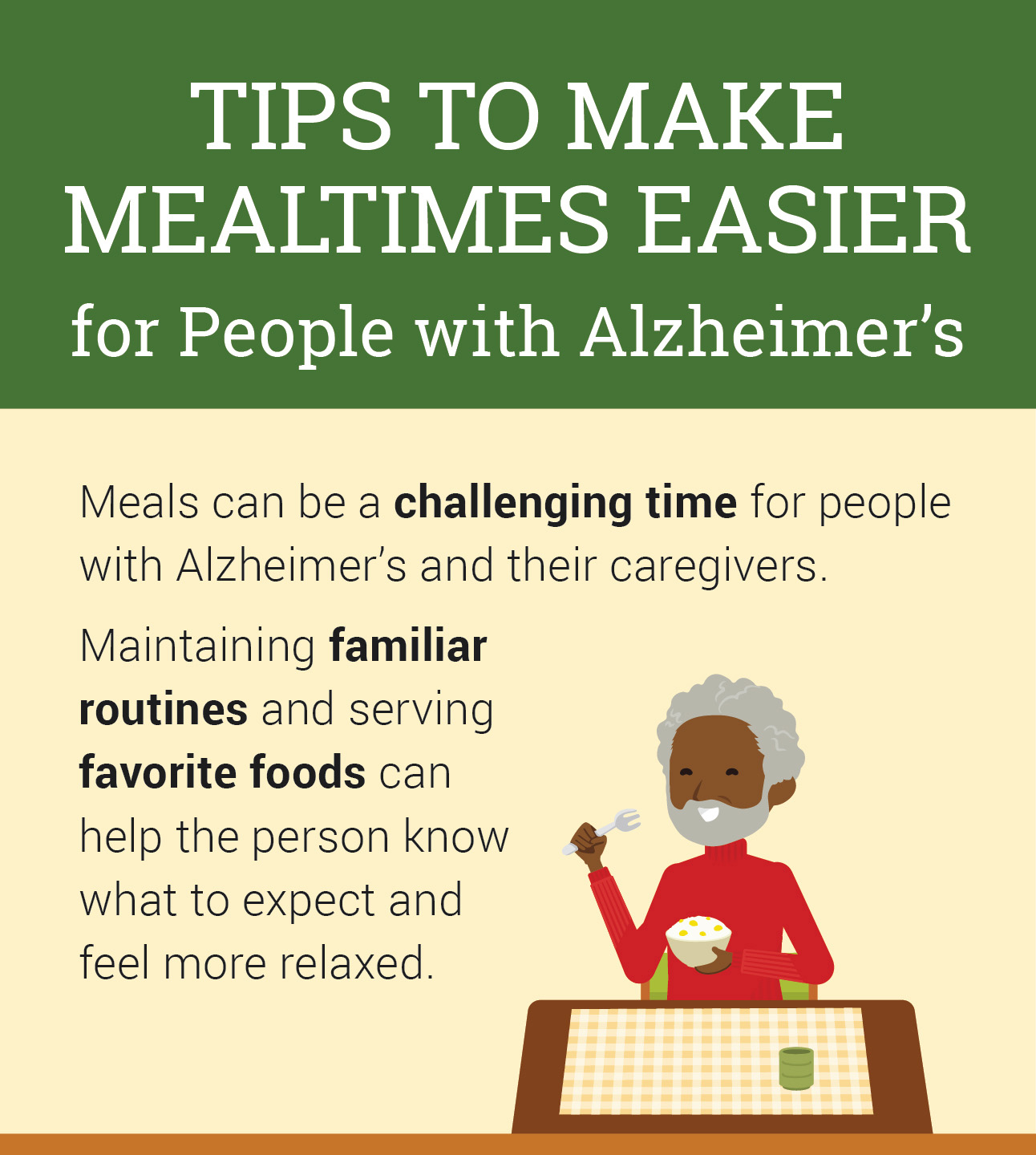 More than what's on the table
More than what's on the table
Even if you're serving someone's favorite meal, that doesn't mean things run more smoothly. Mealtimes can take up more and more time as Alzheimer's progresses. Here are some ways from the National Institute on Aging to make mealtimes easier for you and your loved one.
Want to learn more?
From creating a safe environment to routine to preparation, difficulties around mealtime can increase as someone enters the later stages of Alzheimer's. Caregivers should monitor the person's weight, eating habits, appetite changes, and problems with chewing or swallowing.
Here are some helpful tips from the National Institute on Aging to help create a healthy diet and a more relaxing routine.


